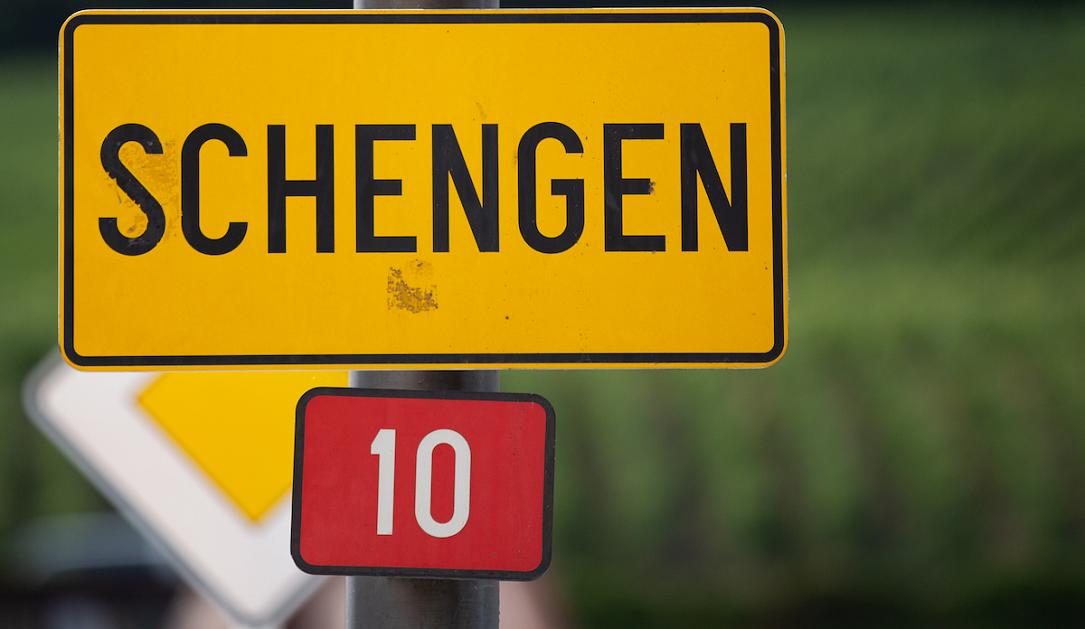Romanians surprisingly united by Austria’s veto on Schengen membership



Faced with Austria’s refusal to accept them in Europe without a thorough inspection of their IDs, luggage and pockets, Romanians demonstrate solidarity for the second time in less than a year. This is not usual for a society that has not fully recovered only 30 years since the end of the traumatic communist era.
The first time was in February-March this year, when NGOs and ordinary people felt that they should help Ukrainians – and a rare public sentiment of cohesion emerged. It was perhaps the first time that public sentiment consolidated on a focal topic since the epic anti-corruption struggle in 2017-2019 against the Government of Liviu Dragne. Deeply disappointed by the puzzling performance of President Klaus Iohannis during his second term, particularly in 2021 when he brought into office the Social Democrats, the opinion leaders and politicians with the most diverse orientations converged now to support authorities in their Schengen bid. It is certainly an Olympic Truce, and the fight will soon resume after December 8. But such moments can help heal wounds since topics seen as “tabu” during “business as usual” periods are now voiced.
“The economic capital of Romania refuses its own country,” a column in Ziarul Financiar read on December 6. Austria is penalising with no objective reason its own companies, the daily argues. “Austria claims that the reason for rejection would be the number of emigrants who pass the ‘Balkan route’ through Bulgaria and Romania. But neither the map nor the statistical data indicate this. Because such a route through Romania makes no sense,” according to the daily.
On a much bolder note, the equally credible CursDeGuvernare.ro, which often hosts academics among its columnists, criticizes Austria for having pursued purely selfish interests when investing in Romania and implies that the Schengen vote is conditioned on some preferential regime for OMV.
Perhaps we’ll see more detailed (academic) analyses focusing on the role of the FDI in Romania’s economic development in some of the daily’s further issues.
MEP Eugen Tomac argued that Romania should refer Austria to the EU Court of Justice on the grounds that it would breach Regulation 2016/399 regarding the Union Code on the border crossing regime by persons. It’s an extreme decision, and highly unlikely. But the words said during this period should be said again and again in the future because “words are singularly the most powerful force available to humanity” and “will be remembered.” [Yehuda Berg].
(Photo: Karaboux/ Dreamstime)
iulian@romania-insider.com